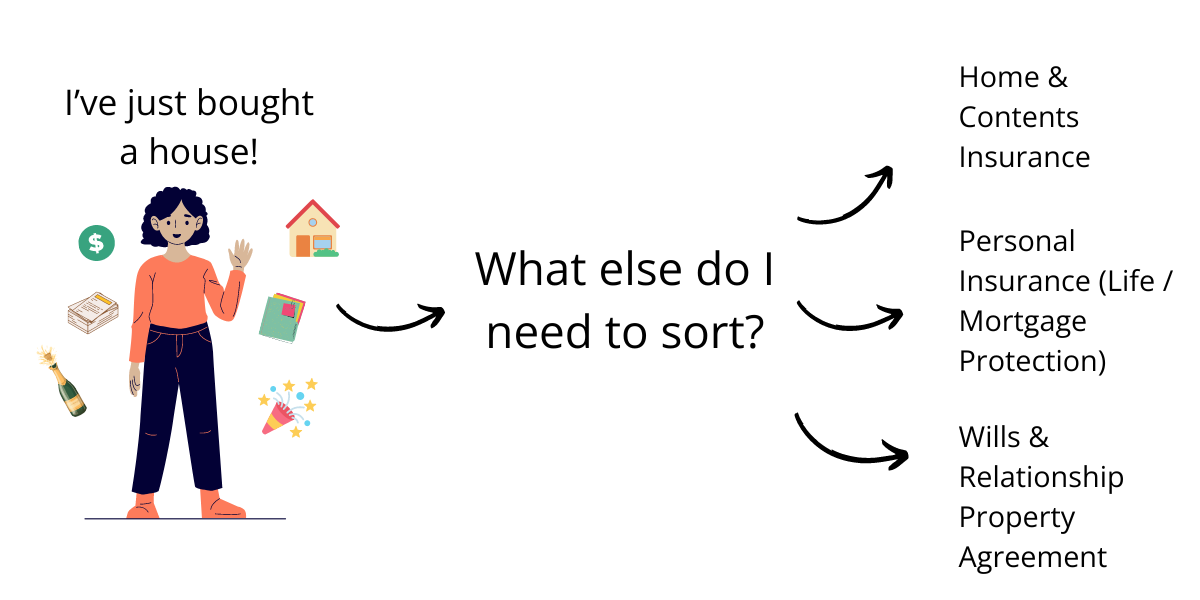My work is offering private medical cover, but I already have my own policy – Should I take it and cancel mine?
We have this question pop up a lot, especially as group work policies become more popular (it is one of the most sought-after work perks after all).
Some workplaces in Aotearoa offer private medical cover to their team, and in some cases this is fully included as part of their salary package, or offered at a subsidised rate.
What are the positives of a group medical policy?
On some group plans, pre-existing conditions are covered. That means, there are no medical applications to fill out, everyone is automatically accepted and it’s a relatively pain-free process. (This is particularly good for people who have pre-existing medical conditions that may hinder their ability to get private medical cover elsewhere).
Usually subsidised or fully covered by your workplace. (Easier on your wallet!)
You sometimes have the ability to add cover on for your partners and kids under the group plan (in some cases also covering their pre-existing conditions).
Even if you leave that workplace, you can take the policy with you (you’ll just need to pay for it going forward).
What are the downsides of a group medical policy?
Sometimes the group plans aren’t as ‘comprehensive’ as plans we can take out privately – Particularly around coverage for things such as non-pharmac medications. Group plans generally cover between $0-$20,000 per year for non-pharmac medications, whereas some of the private plans cover up to $600,000 per year.
So if you have a private plan and are offered a group policy at work, it may not be as simple as just cancelling your plan and taking the work plan. Here’s why:
Not all policies are made equal. Each policy covers different things, and at different amounts. In some cases, the work plan might be better than the plan you currently have (so it could be a bit of a no-brainer), but in other cases, you may be forgoing some highly valuable benefits by cancelling your private plan.
Most of us make decisions based on price. If our work is subsidising or fully covering our medical plan, we think “well, I’d be silly not to take it!”. But just because it’s cheaper doesn’t mean it’s better. You need to look at the fine print and assess the advantages/ disadvantages before making a switch.
You can have more than one medical policy in place. This may seem like a silly idea to have two medical policies going, but if you already have a really good policy, you can keep that going (You could look at different excess options so you don’t lose your valued benefits but so the policy remains affordable) and take out the group policy for smaller claims. Also, the group plan might cover things that aren’t covered by your private plan, and vice versa.
Don’t assume that your private plan and the group plan are the same. It’s always best to get proper advice before making a decision. Most financial advisers can provide detailed one-on-one comparisons between your current policy versus the one offered by your work.
It is crucial you know and can compare the differences so you can make an informed choice about what you value the most and what is the best option for you.
As always, the content below is meant as general information to give you a better understanding of these topics, and is subject to our terms and conditions. You should seek appropriate personalised financial advice from a qualified professional to suit your individual circumstances.









